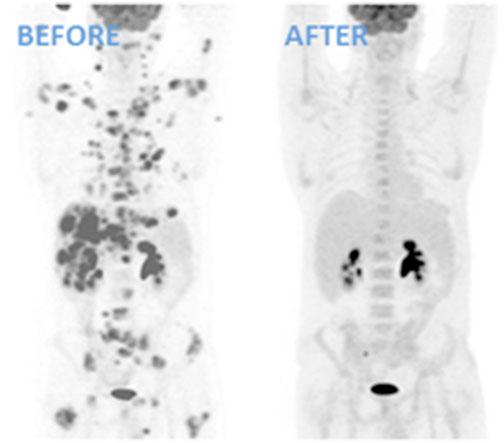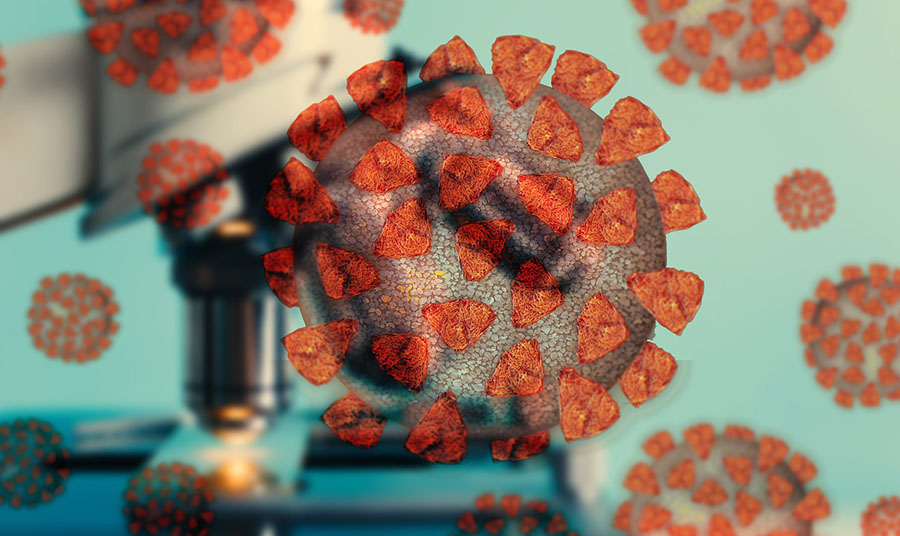Steve Jobs was a brilliant man.
So it's baffling to discover that he opted to forgo traditional treatment for his cancer and turned to juice therapy and diet. He told Walter Isaacson, his biographer, that he later regretted the decision.
But smart people know that the "war on cancer" that began in earnest in 1971 when President Richard Nixon signed the National Cancer Act has gone nowhere fast. Yes, a few cancers, like myelogenous leukemia, can often be held at bay by the drug Gleevec, but even that wonder drug can't cure cancer. It has dramatically increased the five-year survival rate from about 30% to nearly 60%, but you're still looking at a terminal disease. The 20-year survival rates for almost all cancers are about where they were in the 1950s. No one even talks about survival beyond five years for most cancers.
Less invasive techniques shrink healing times and lessen anesthesia doses.
The age-old pessimism that has pervaded the diseases we call cancer may, just a few years after Jobs died, finally be turning. The National Institutes of Health lists 45,571 clinical trials underway for cancer therapies right now. Advances in the study of cancer are dumbfounding. We are actually homing in on exactly how the many cancers thrive and spread — almost all of them different diseases.
And an old idea — teaching a person's immune system how to identify a cancer so it can be destroyed, cell by cell — is making a remarkable comeback. A company that I highlighted recently in Breakthrough Technology Alert, Kite Pharma, is well into a Phase 2 trial on just such a personalized treatment for cancer. So far, it is oriented toward lymphomas, but the idea should work with other cancers as well. Kite's story gives cancer patients a new strategy — hang on long enough for the "cure to be developed." That philosophy over the last 40 years has proven to be insane. But now things are different. Now the cure is actually coming.
Every attempt I know of in the world of immunology, going all the way back to Interferon decades ago, has been something of a failure. But one look at the before and after CAT scans of a patient previously riddled with cancer who has been given a smarted-up T cell the way Kite does it and you will be struck with awe.

This 47-year-old patient had more than 70 non-Hodgkin tumors revealed in a scan before being treated with engineered immune system T cells similar to those in Kite Pharma's arsenal. Two weeks later, the patient was in remission (the black blobs pictured right are normal).
The very first cancer patient treated more than four years ago with this therapy should have been long dead, but is still cancer free.
Without getting too far into the complicated details of the human immune system, I'm going to encapsulate what the company does in a simple way, using the words of its CEO: "Take a GPS and put it into a T cell."
The "GPS" the researchers use to find cancer cells is called CAR, for chimeric antigen receptor. These are artificially engineered molecules designed to attach to a T cell. They work like antibodies because they are human-engineered to find a specific cancer in your body. Once the receptor has attached the T cell to the cancer cell, the T cell finishes it off. "You get two for one," a Kite scientist says. "The new cell has the recognition of an antibody and the killing power of a T cell."
This is immunology at its finest. It's based on your body and your body alone — personalized medicine. And you need it because the normal human immune system is terrible at finding cancer cells. Cancers have evolved to evade the immune system in much the same way that bacteria have modified themselves to be resistant to antibiotics.
To create T cells with a GPS for cancer, we must do it one human at a time. Your DNA is different from everyone else's, and your immune system will recognize and destroy anything that seems foreign. So researchers must use the blood of a cancer patient to create those killer T cells.
If Steve Jobs' cancer had hit him a decade later than it did, he'd probably have lived into his 90s.
Advances in immunology are just one example of how medical science is advancing at warp speed. The digital age is jamming up against the biological age, and the result is nothing less than a fusion of new therapies. Just as an example: Know anyone who has recently has a gall bladder removed? Or a hysterectomy? Or a prostatectomy? I'll be willing to bet that the surgeon never touched the scalpel. Those operations are almost always done robotically now, with laparoscopic devices that look like stainless steel snakes. Or they are done in full-blown robotic surgical theaters, where a surgeon works at a console with 3-D screens. He moves his hand 5 inches and a robotic device on the adjacent operating table moves a scalpel a much more precise tenth of an inch. Because the surgeon doesn't need to get his hands into the body, the incisions involved are less than an inch across, and the patients are often out of the hospital the next day. Less invasive techniques shrink healing times and lessen anesthesia doses.
Where is all of this new science coming from? Part of the reason medical therapies are advancing so quickly is that academics and specialists are beginning to figure out they can work for commercial ventures and have a far greater impact. Would you like to be an oncologist who makes $300,000 a year serving patients and doing significant research in your spare time, for the good of humanity, or would you prefer to be an oncologist who makes $30 million on an IPO and serves patients on the side?
At the same time, scientists and researchers are bringing so many new ideas to the commercial medical market that extraordinary drugs are beginning to win approval from the FDA, which in turn is trying to hurry up its processes with designations like "breakthrough therapy."
If Steve Jobs' cancer had hit him a decade later than it did, he'd probably have lived into his 90s.
Stephen PetranekThe Daily Reckoning



























































